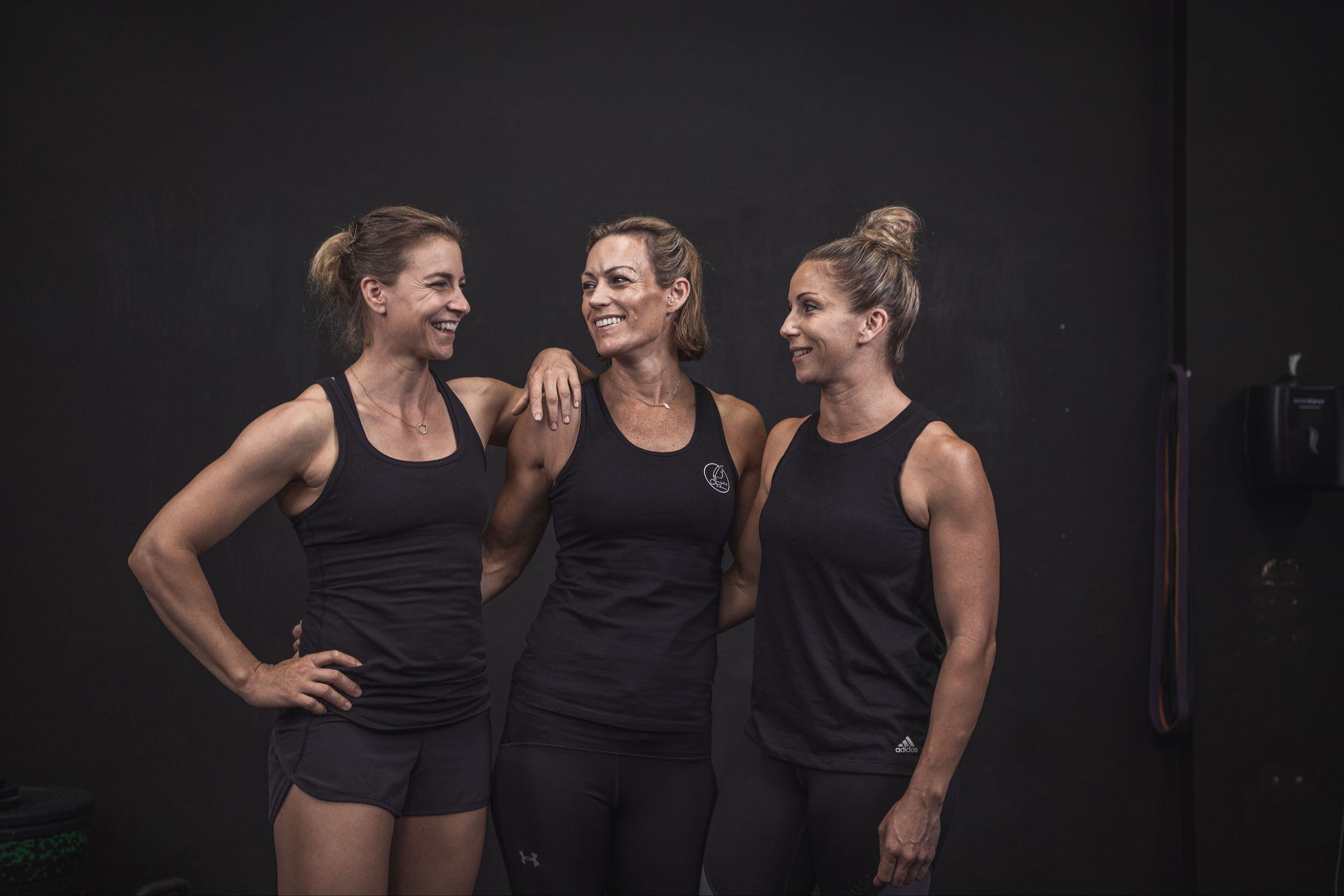Low Tox Life
Discover how everyday products expose you to hormone-disrupting chemicals, and learn simple, practical swaps to reduce your toxic load and support your hormone health.

Postpartum isn’t just a phase of physical healing. It’s a seismic shift in identity, physiology and connection, one that’s often under-supported, especially for women who’ve been active, high-performing or used to pushing through.
You might be back at work, back to training, back in your jeans… but something still feels off. Your energy is patchy. Your desire is quiet. The connection you once had to your body, or your partner, might feel harder to access. This doesn’t mean you’re broken, it just means you’re still healing.
This stage of postpartum isn’t just about getting stronger. It’s about reconnecting. With your body. With your pleasure. With the parts of you that haven’t had space to breathe since becoming a mother.
Here’s what that process can look like, and how to start...
Many women, especially athletes, are wired to override. You might be able to lift, run or perform again. But that doesn’t mean you’re fully recovered.
Postpartum recovery isn’t about returning to form, it’s about rebuilding from the inside out. That includes tissues, hormones, sexual function and self-identity. If your body is asking for rest, softness or support - listen. Pushing through doesn’t accelerate healing, in fact it often delays it.
You may have spent years training for outcomes - times, lifts, goals. But pleasure is a different metric.
In this season, sensation matters more than results. Intimacy isn’t something to tick off a list or return to on demand. It’s something you rebuild through presence, not pressure. That might feel unfamiliar at first, but it’s also where deeper connection lives.
Pelvic floor issues like leaking, heaviness or numbness are common postpartum, but they’re not normal, and they’re not something you need to put up with.
These symptoms affect performance and intimacy. They can also quietly disconnect you from your body. Working with a pelvic health physiotherapist can help rebuild trust in your body, not just for sport, but for pleasure too.
You might look like you’ve “bounced back.” Maybe you’re lifting well, moving freely, showing up. But if you feel flat, disconnected or low, that deserves attention.
Postnatal depression and anxiety can present in subtle ways. Irritability, emotional blunting, sleep disruption, loss of libido - all of which are valid signals. You don’t have to wait until things get “bad enough” to seek support. Organisations like PANDAS or the Maternal Mental Health Alliance exist for a reason and can offer support if you need it.
Desire can feel different after birth. Less urgent. More situational. That doesn’t mean it’s gone, it just means it’s evolving.
Your body has been through a huge hormonal recalibration. Fatigue, touch-out, identity shifts and relational dynamics all impact sexual motivation. Rather than chasing your old drive, get curious about what your desire needs now - context, communication, care.
For many women, arousal postpartum isn’t spontaneous. It’s contextual, responsive and slower. That doesn’t mean something’s wrong, it means your system is adapting.
Pacing, prep and patience matter. Start small. Let intimacy begin with safety, comfort, presence, not a goal. Whether with a partner or solo, intimacy that feels good starts with being in tune with your own rhythms.
Mother. Athlete. Partner. Person. It’s easy to feel fragmented. Or like you’re constantly switching roles but never quite landing in any of them.
Give yourself time to ask: What still feels like me? What no longer fits? What do I want more of, or less of? Identity isn’t something we return to. It’s something we reconstruct.
Being able to train again is one thing. Feeling like yourself in your body, alive, connected, turned on by life - that’s something else. And you’re allowed to want it!
This isn’t about rushing. It’s about reclaiming your own timeline, your own markers of recovery and your own definition of what it means to feel good again.
Kirsty Smith, Hormone Health Coach
7 min read
Discover how everyday products expose you to hormone-disrupting chemicals, and learn simple, practical swaps to reduce your toxic load and support your hormone health.
Kat, Hatch Founder & Women's Health Physio
5 min read
Postpartum can feel like starting from scratch—but when it comes to building your body back up, progressive strength training is where it's at. In fact, lifting might just be the most important element in your postpartum rehab.
Elinor Harvey, Psychotherapist
4 min read
Discover how to reconnect with your body, pleasure, and identity during perimenopause with insights from a psychosexual therapist. Practical, compassionate support for finding your mojo again.
I was told that Dr Natalie Summerhill had a lot of fun writing this one. Our blog article: 34 Most Common Menopause Symptoms (And 10 That Might Surprise You) is a quick 6 minute read and offers some eye-opening insight into how the menopause affects most of us, but also how the menopause effects some of us! It just goes to show that hormones and their related symptoms can be completely unique in each and every one of us.
